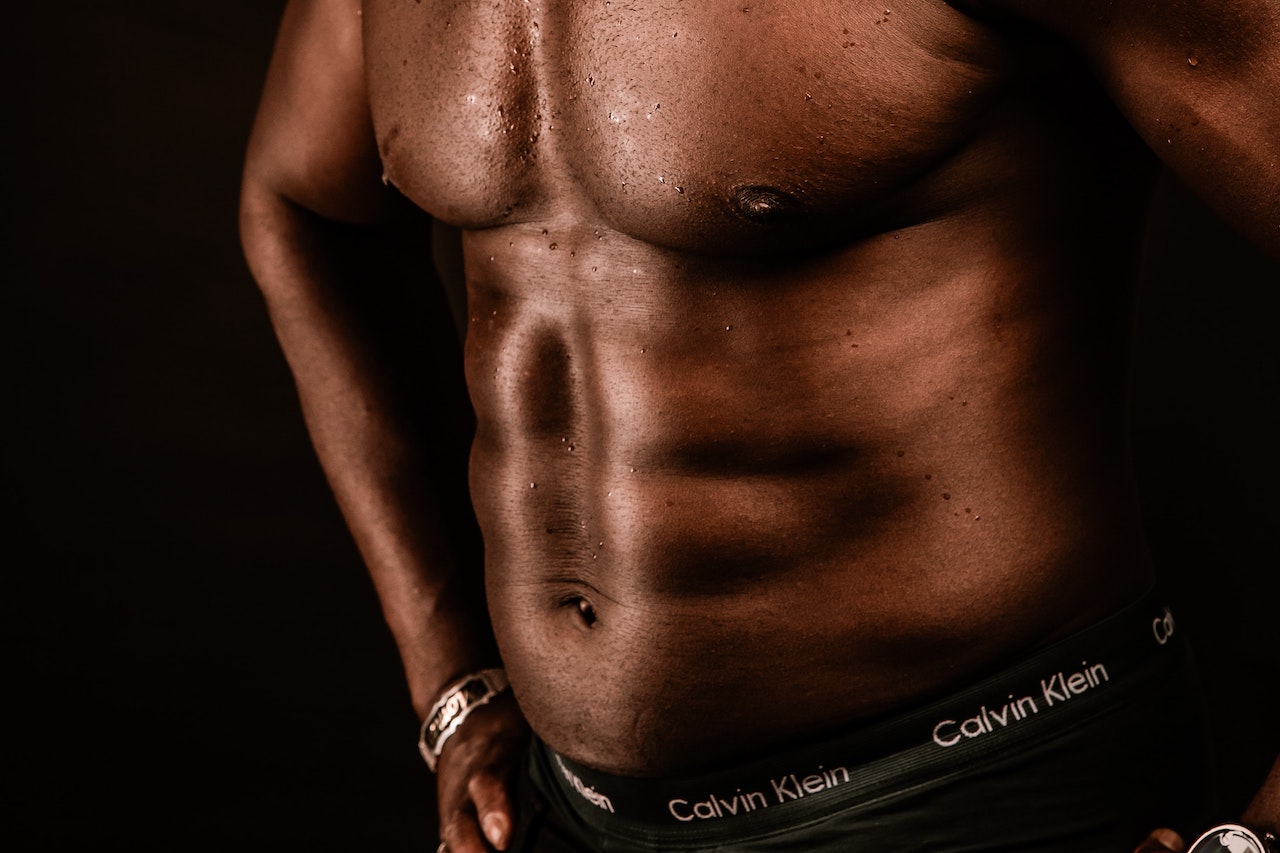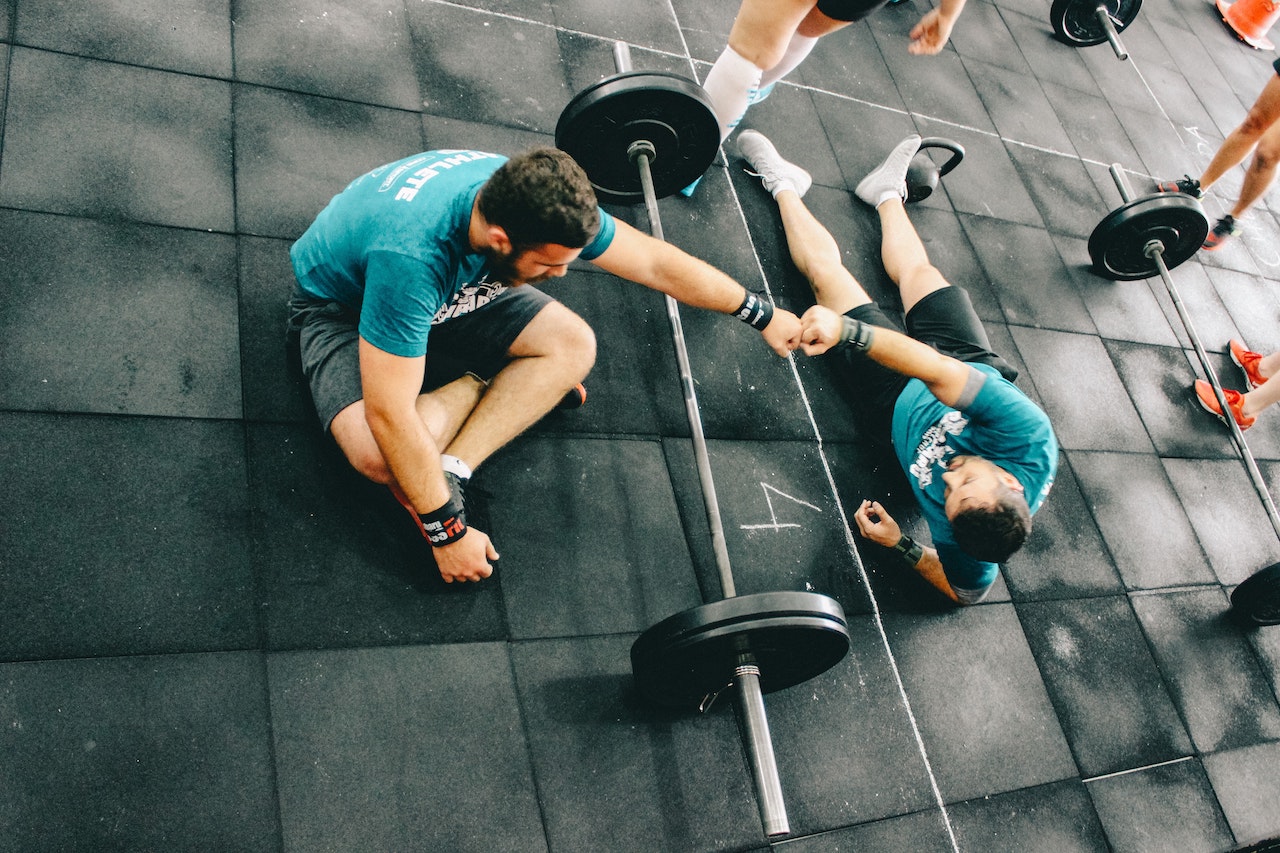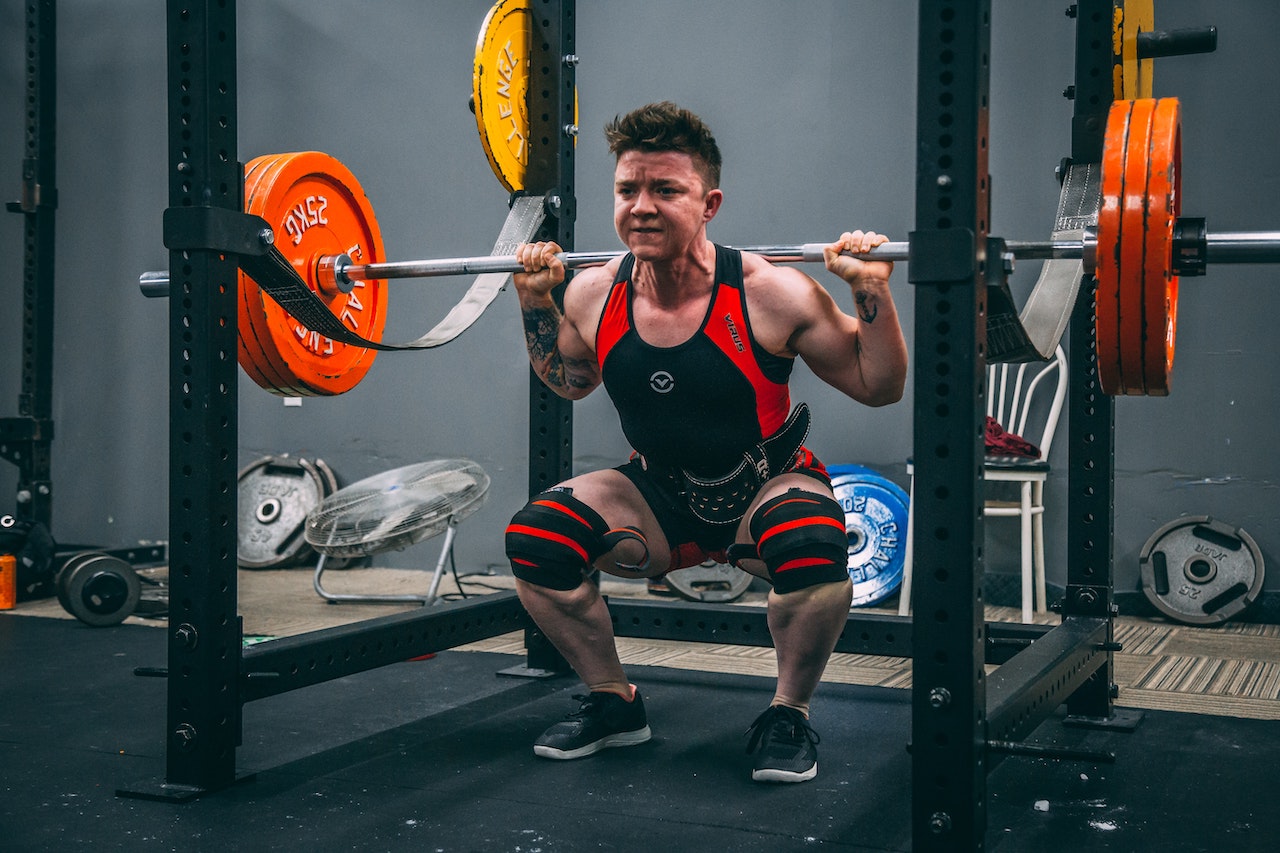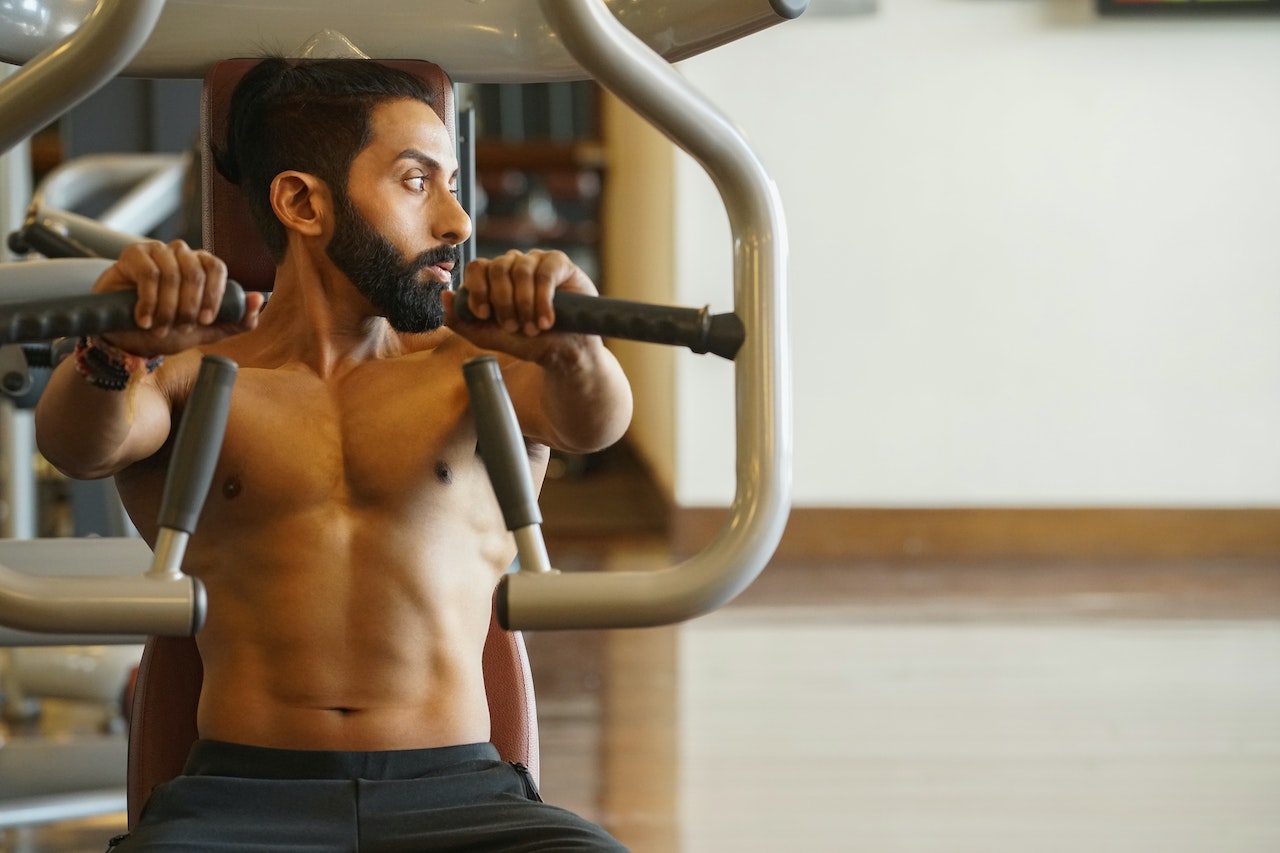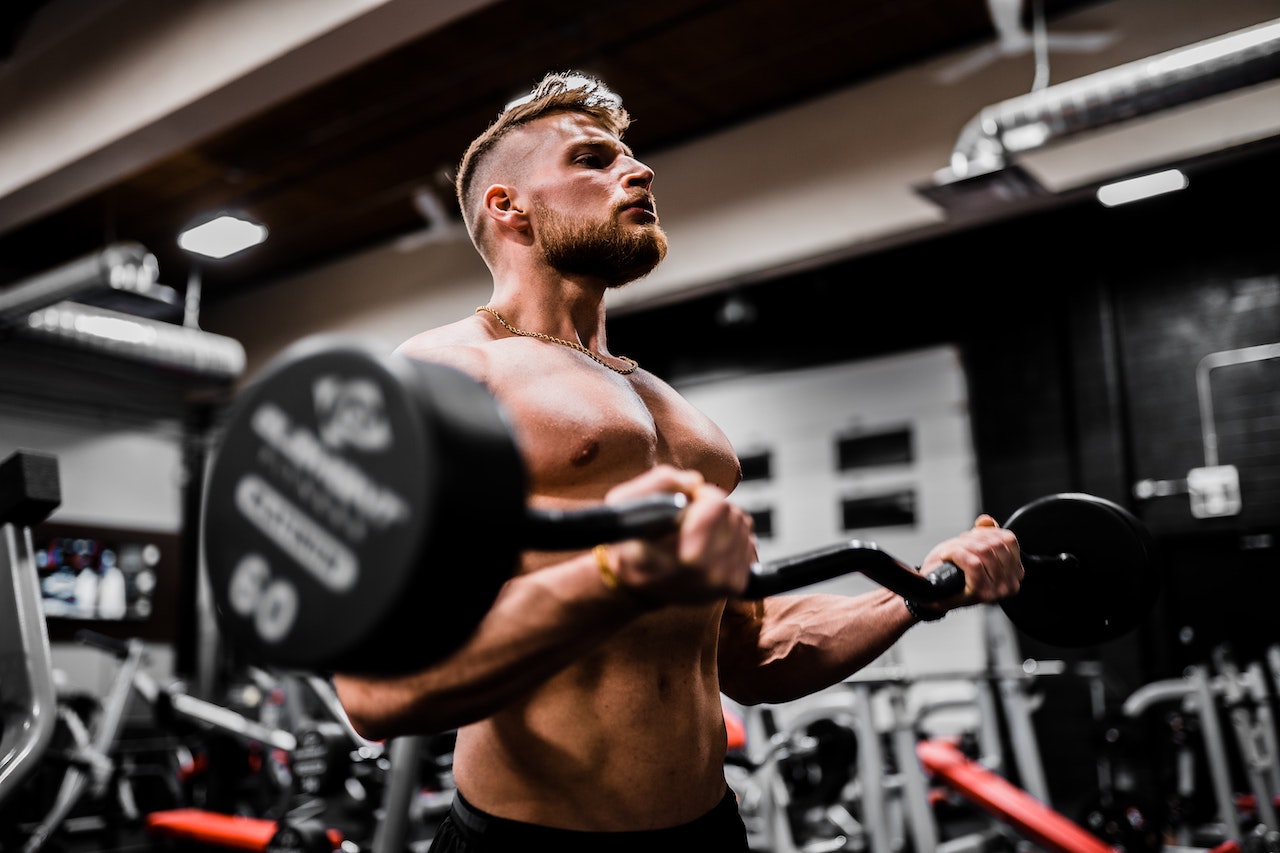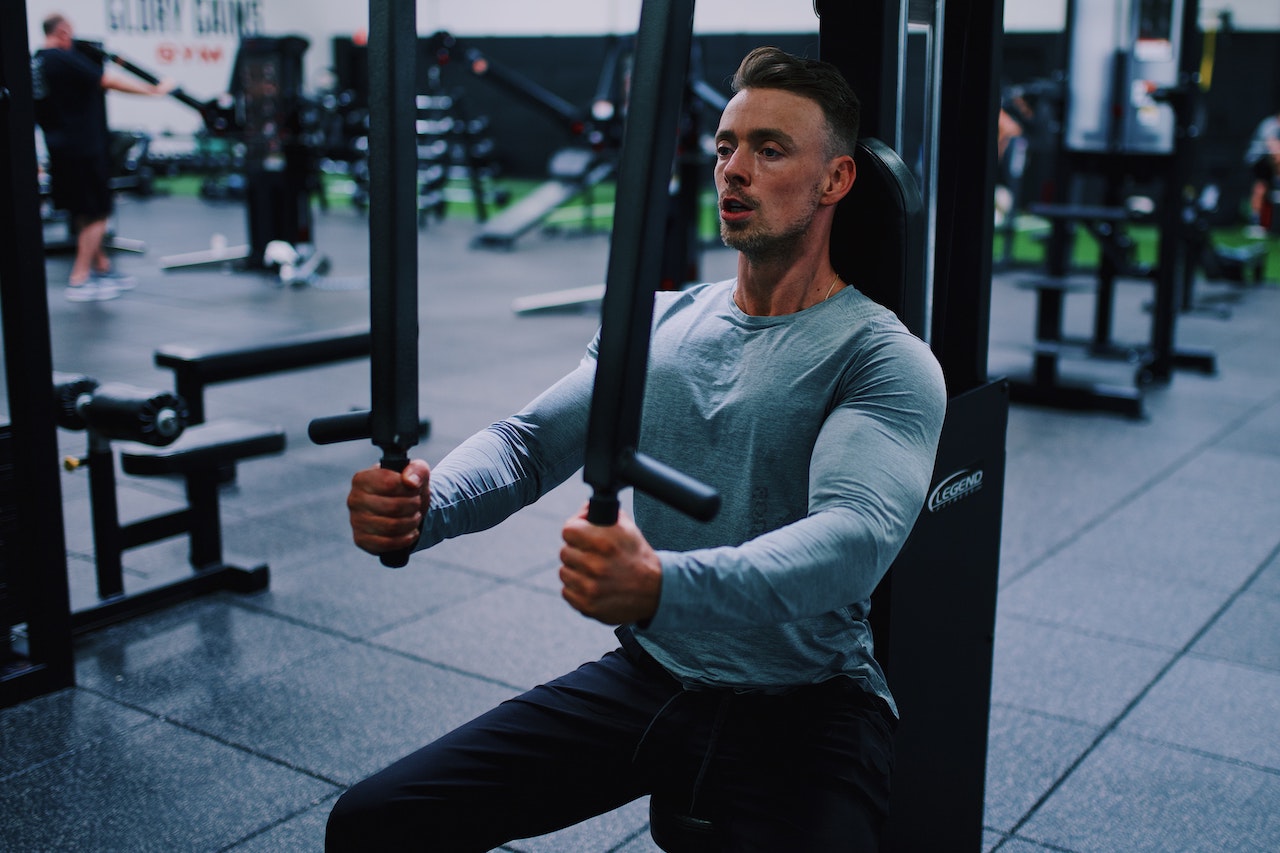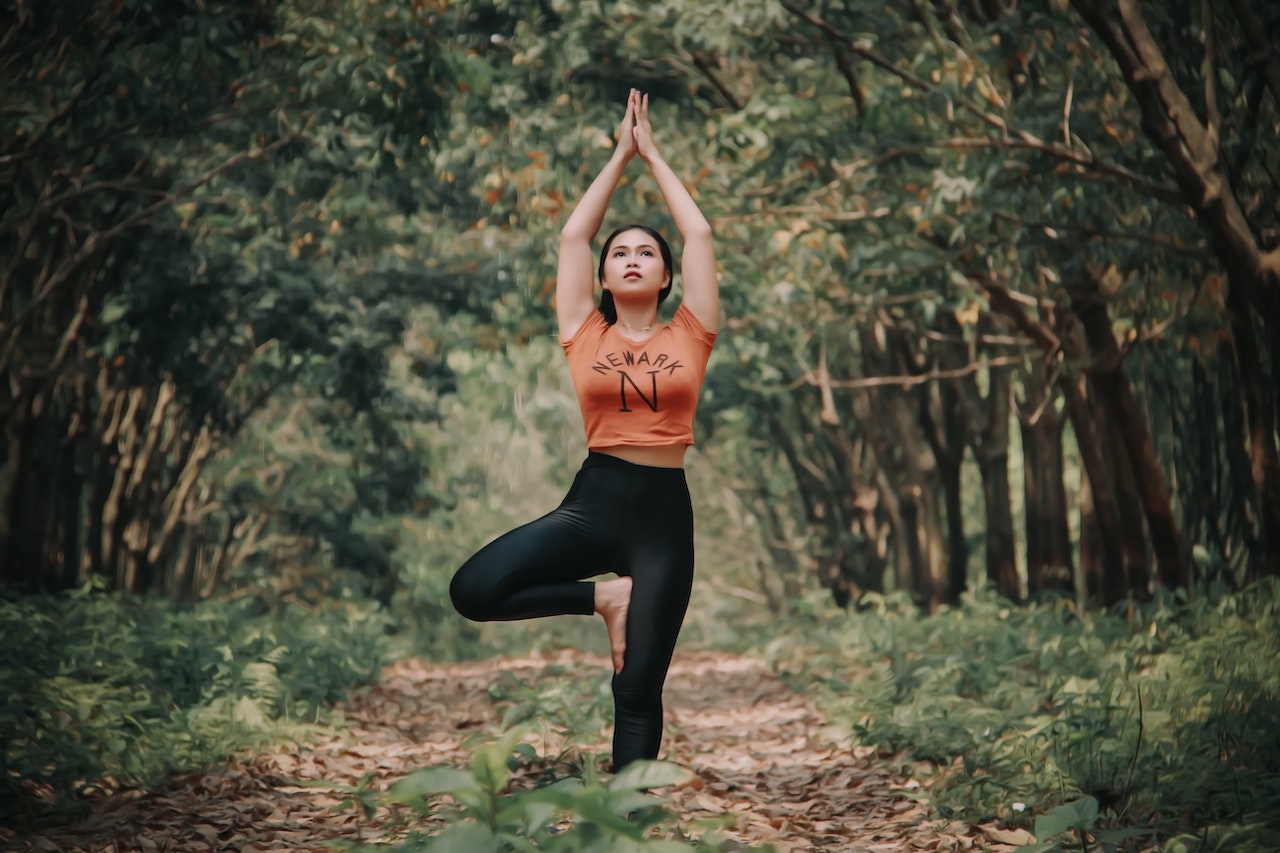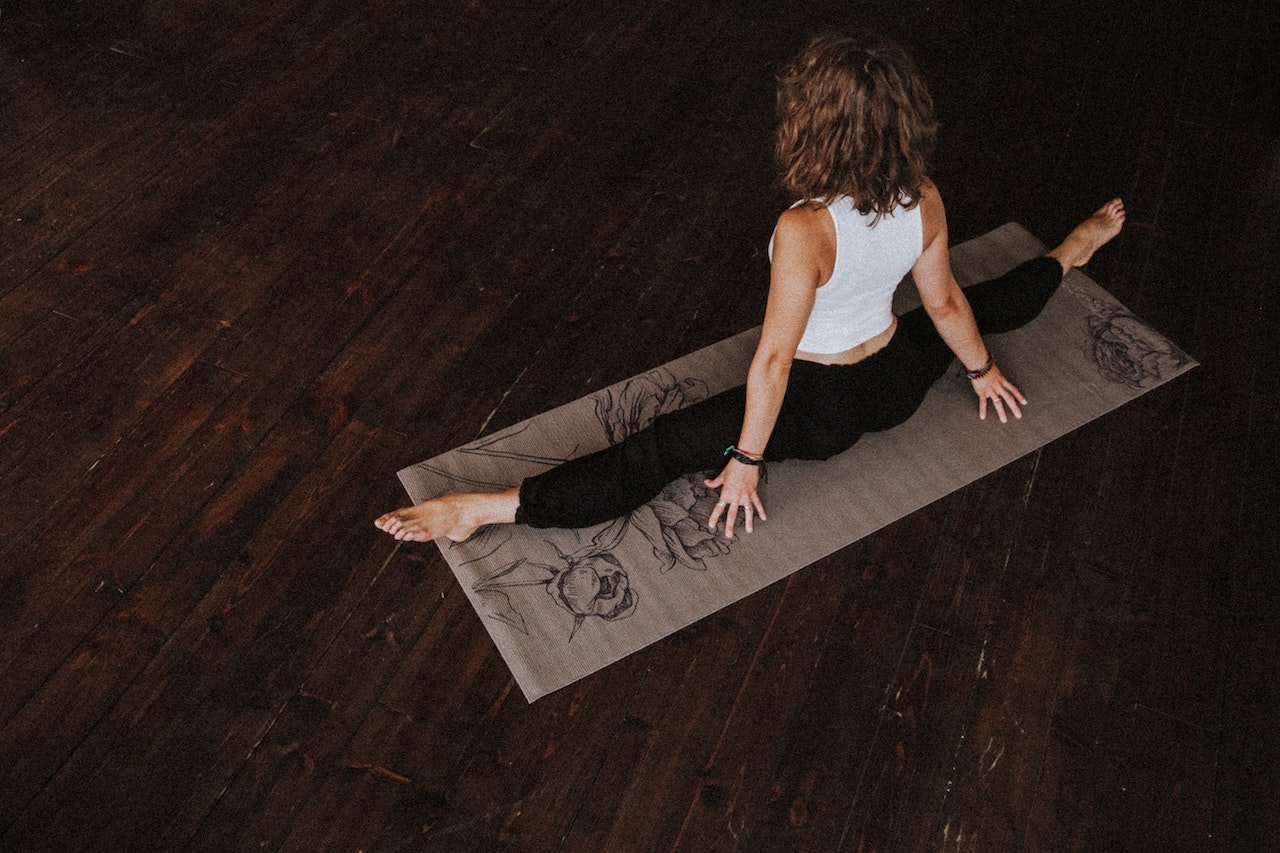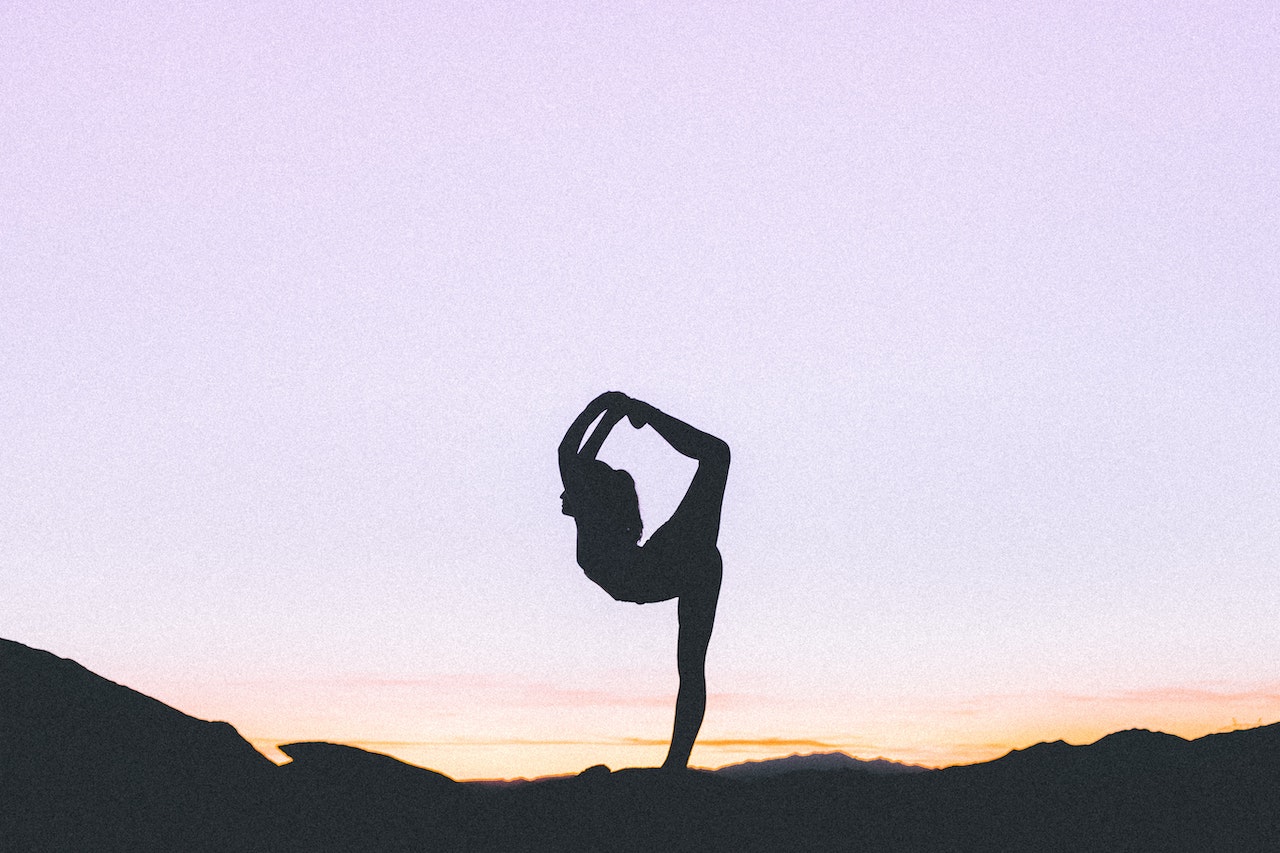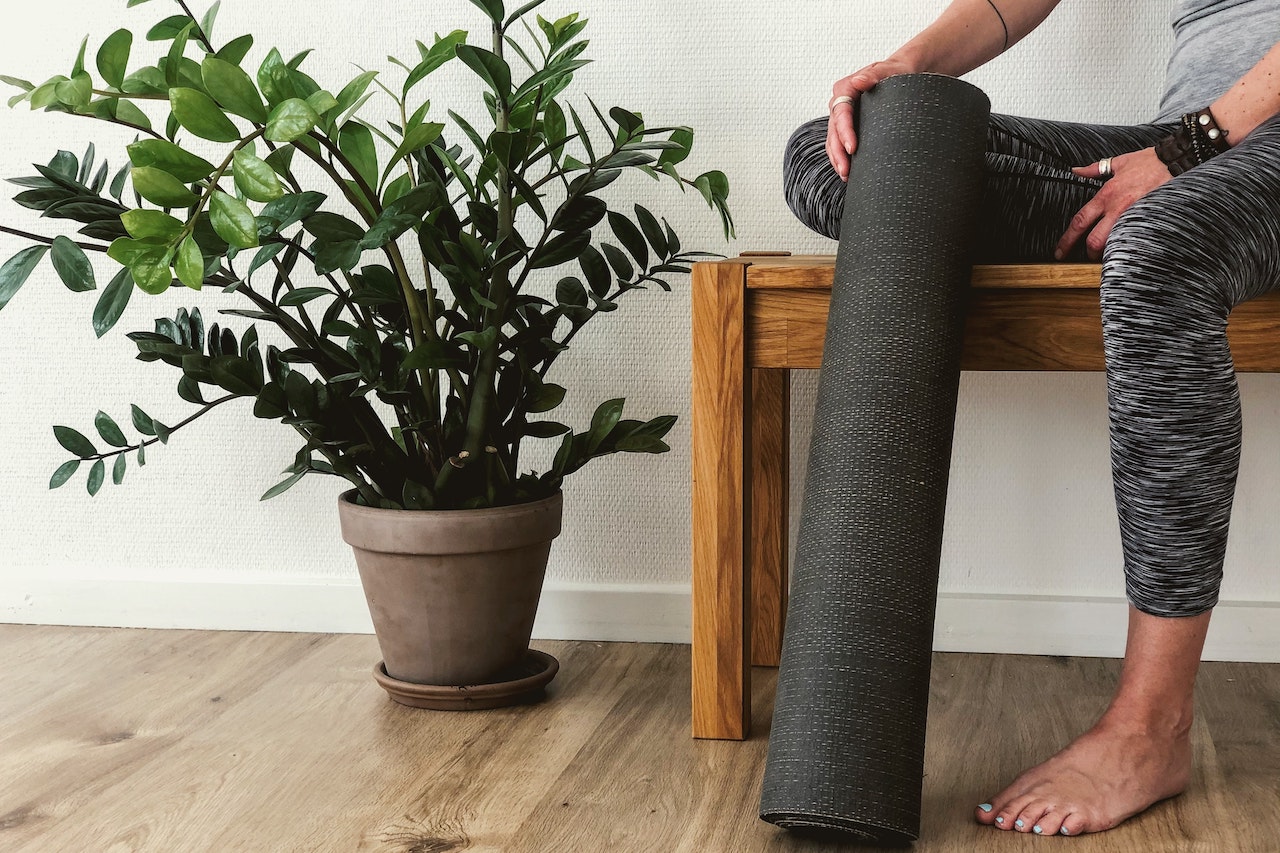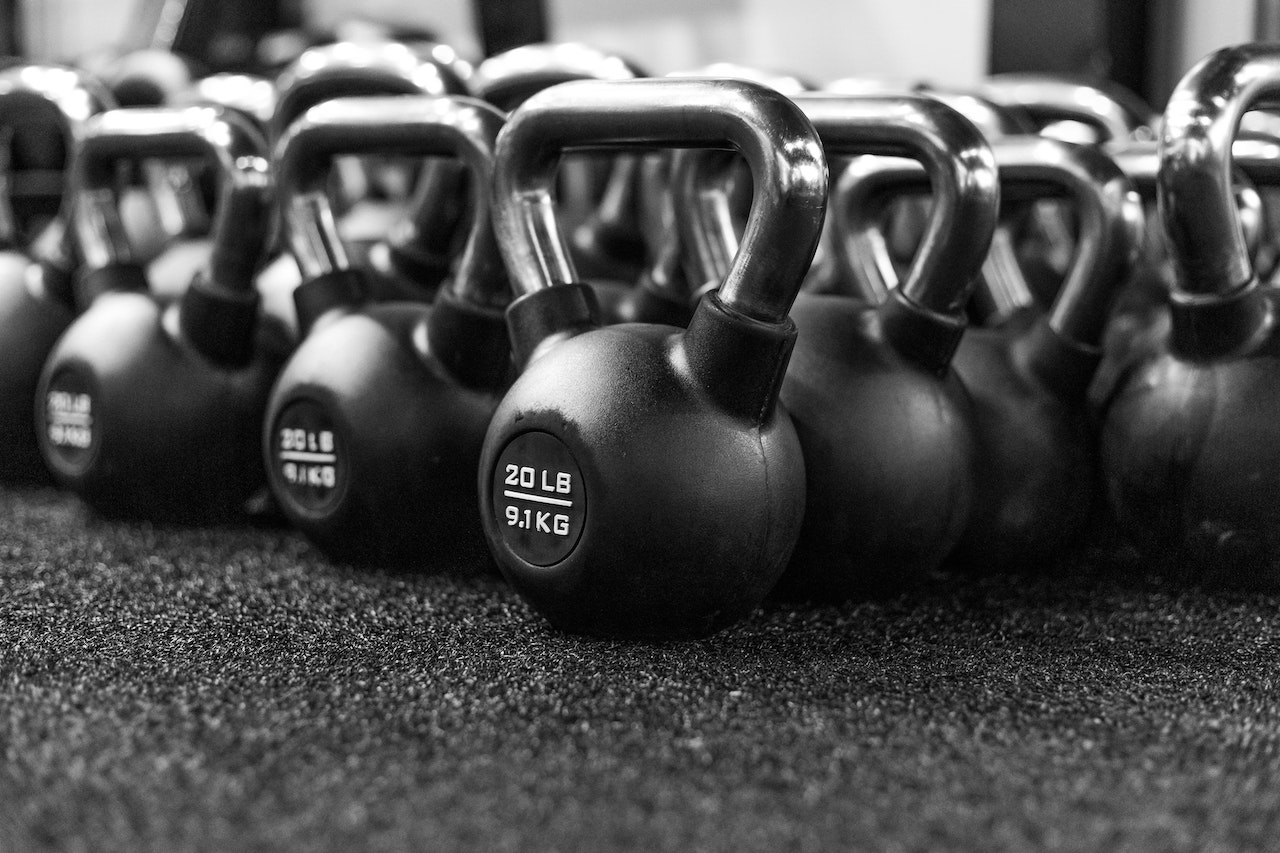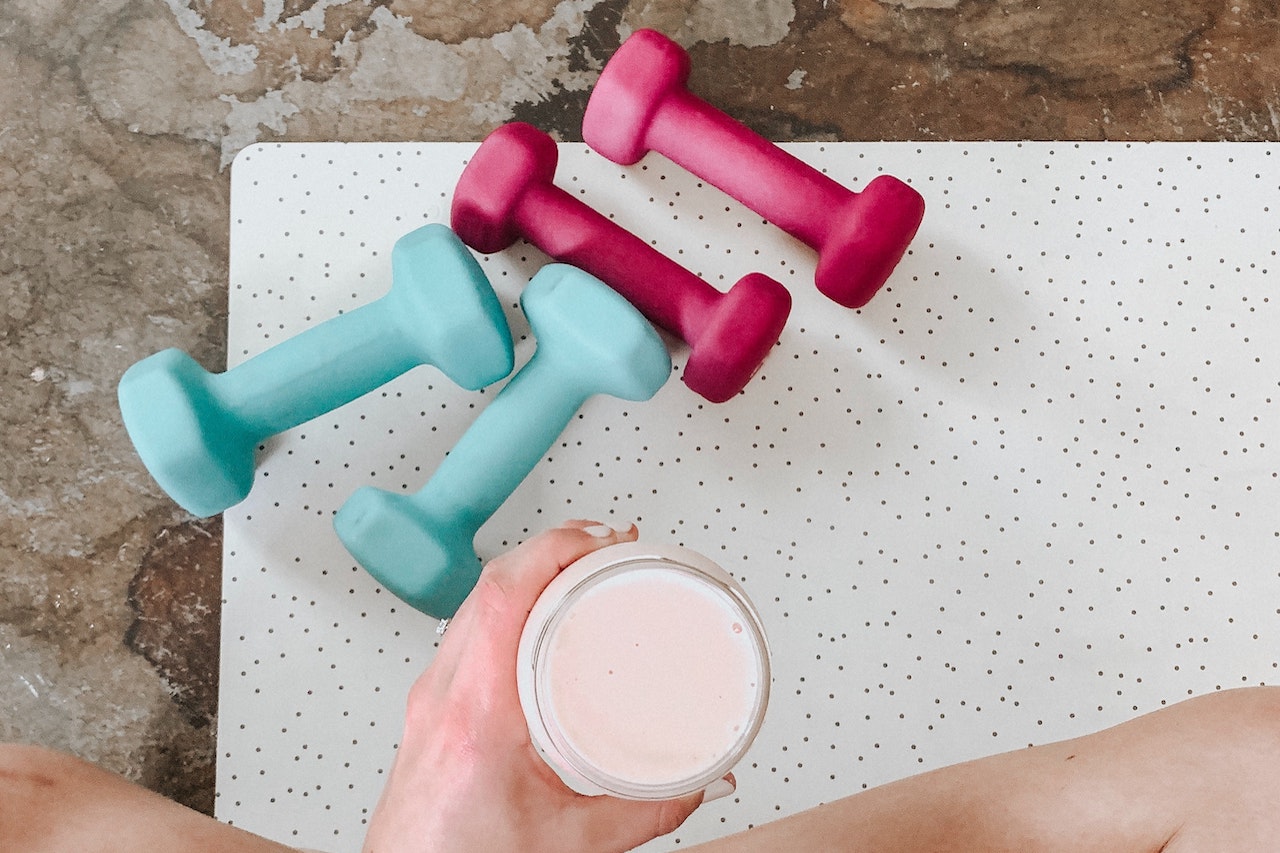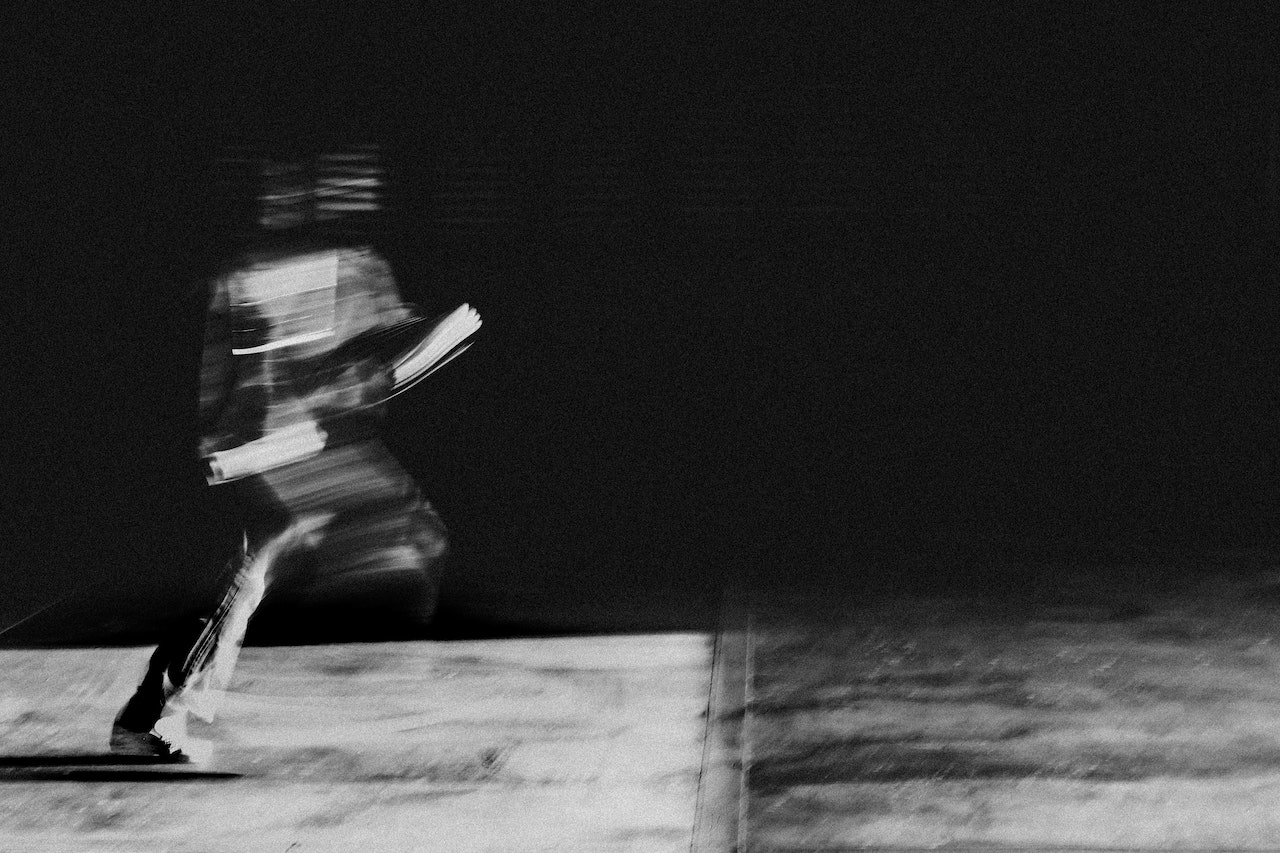if i asked you what was the first workout move you ever did? There will be people who say barbell bench press, there will be people who say dumbbell curls, in fact you probably started out doing push-ups, or you can't remember when you first did push-ups, but there's no denying that it was the first fitness move that brought you into contact!
The push-up is the main upper body push-up movement that requires core control and full body muscle movement. You can do push-ups anywhere to keep your body trained and moving. Sometimes you will do 50 to 100 push-ups in a row throughout the day to get the blood flowing and keep your ability to do push-ups up.
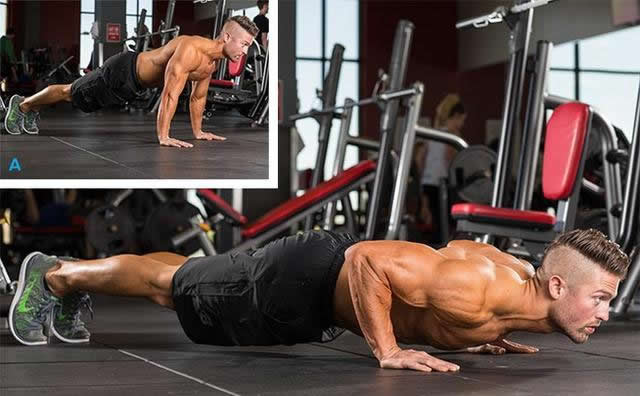
while we've read a lot about push-ups, the fitness-loving wraith has also written a number of push-up articles that include proper form and technique for push-ups, showing you step-by-step how to perform this basic self-weight exercise.
Movement instructions
1. Straighten both arms, tighten your abs and keep your spine neutral in a support position. Your body should form a straight line from your shoulders to your hips to your heels.
2. Lower your body until your chest is about 5cm off the ground, inhaling as you descend.
3. Exhale hard and push your body off the ground until your arms are locked, then repeat the movement.
4. Hands and arms should be slightly below the shoulders with fingers pointing forward
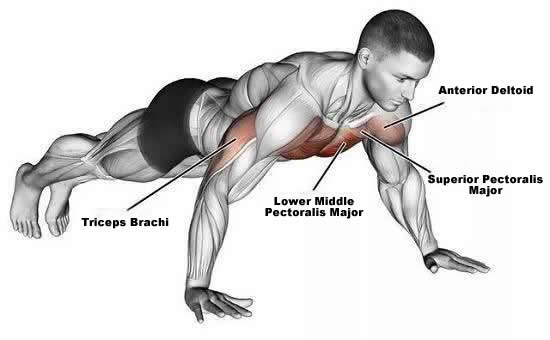
movement tips
1. Your head, neck, back, hips and legs should form a plank, so it looks like only your arms are moving.
2. Muscles control the body to descend so you can use control of the body to make the movement, then push up hard.
3. Keep your head in a neutral position. Do not lower your head, or extend your neck, and try to relax your cervical spine.
4. Inhale as you go down and exhale during the push up phase.
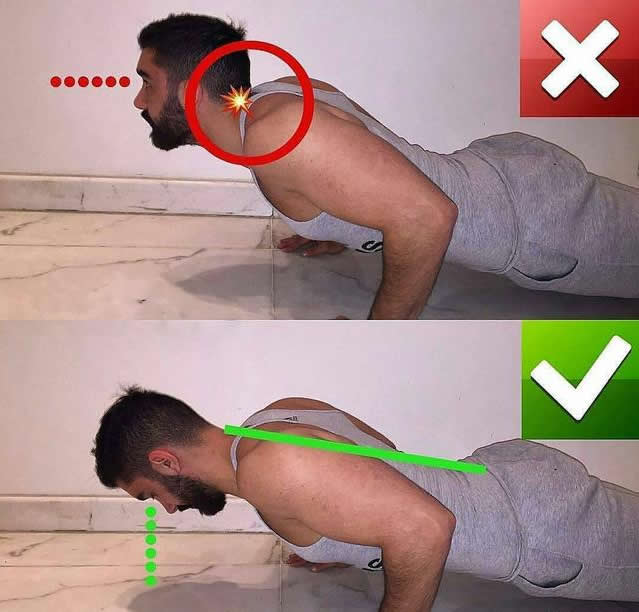
3 common push-up mistakes
1. Hands higher than shoulder height
this one is a key one to mention because it can lead to shoulder injuries and incorrect hand position is probably the most common mistake many people make. Many people will place their hands above their shoulders.
Instead, the hands need to be close to the body and underneath the shoulders. Doing a proper push-up with your hands under your shoulders and your elbows close to the side of your body will be harder than most fitness enthusiasts realise, so don't think that push-ups are the easiest move, they are just the beginning of the challenge.
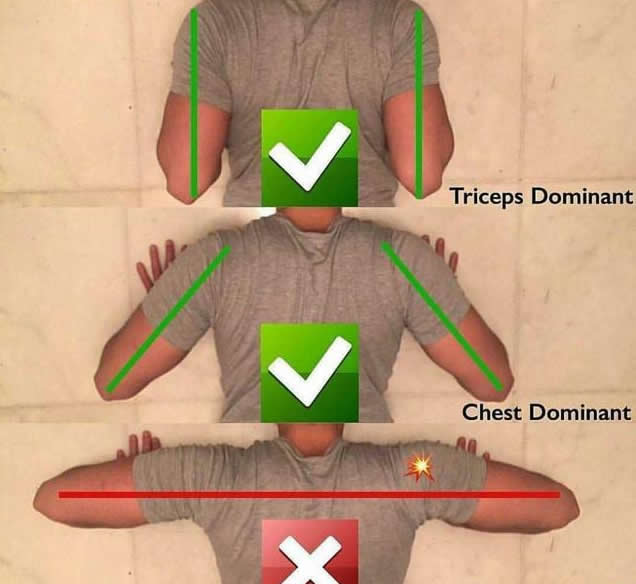
if you can do dozens of push-ups with your hands above your shoulders, then you can probably only do half as many push-ups in the correct motion. Push-ups require you to keep your body under constant tension. If there is an area that lacks tension (or proper contraction of the muscles), that will make push-ups more difficult.
It is recommended that you start with an upward incline push-up, using a bench, barbell or chair to raise your body about 20-30 cm above the floor. Then, as you become more experienced, gradually get to the angle of the floor.
Again, push-ups look easy, but when you ask to teach someone how to do them with the correct form, you will find they do them much less often than before.
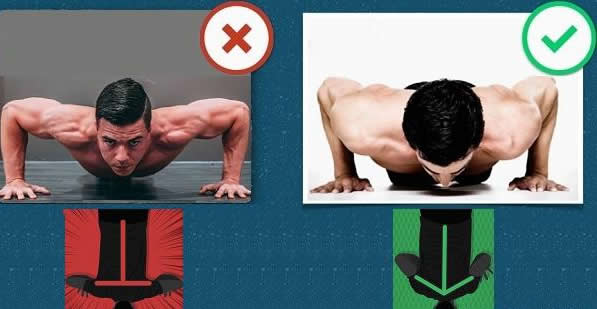
2. Shrugging your shoulders
another error-prone area, similar to the first common mistake, you may shrug your shoulders towards your ears even if you have your hands in the correct position. To prevent this from happening, you must lift your chest and tuck in your stomach and try to relax your cervical spine. A tense neck makes it easier to shrug your shoulders, preventing them from shrugging towards your ears and maintaining a stable, locked position.
If you've never done this before, it may take a while to figure it out and for your body to stabilise and build strength. But in the long run, you will learn how to use your pecs to push up your body rather than relying on the power of your obliques. When you push or pull up heavy objects, your latissimus dorsi should contract and your shoulders should tighten.
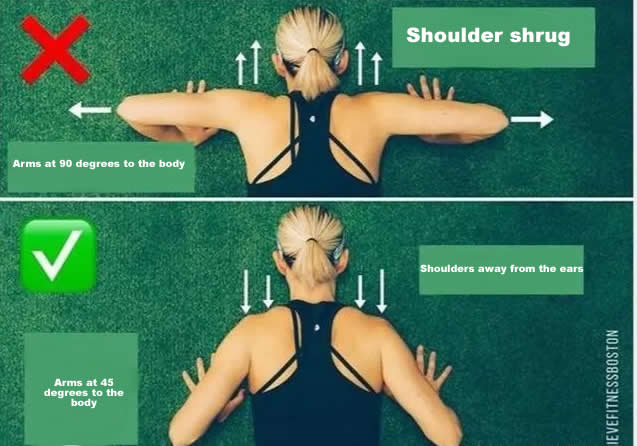
3. Unstable hips and abdominals
do the first two steps and the following will naturally be much better. When doing push-ups, the only part of your body that moves should be your arms. From head to toe, all parts should be kept in a straight line.
If you lack core stability or are not strong enough to keep your balance, then push-ups are not yet a suitable movement for you. Consider holding a plank for 30 seconds and contracting your gluteus maximus to increase your core stability before doing push-ups, or do push-ups on an upward incline first.
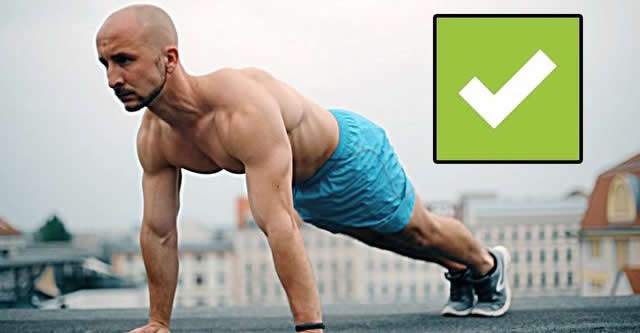
to maintain hip and abdominal stability, the trick is to gently squeeze the gluteus maximus (hip muscle) and contract the quadriceps as you do the push-up. At first, this will make the push-ups harder, but also more effective.
You also want to avoid the resulting slackening or dropping of the hips. Contracting the abdominals, gluteus maximus and quadriceps helps prevent this. It's a subtle change that allows you to get better at push-ups. A standard push-up is not difficult to say the least, easy is not easy, the key is to really treat it.
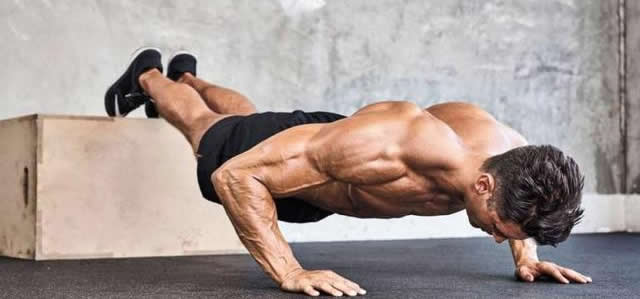
adding to the training programme
as we mentioned in the previous article, take good notes, take good notes on push-ups and add them to your training plan, if you do them correctly, push-ups will not be a problem. Because push-ups are so easy and effective you can add push-ups to your chest workout.

if you can perform more than 20 push-ups with good form, then you have improved your fitness. To add to this challenge, try doing downward facing push-ups or weighted push-ups, or try a more advanced variation, if you don't find it difficult at all?

